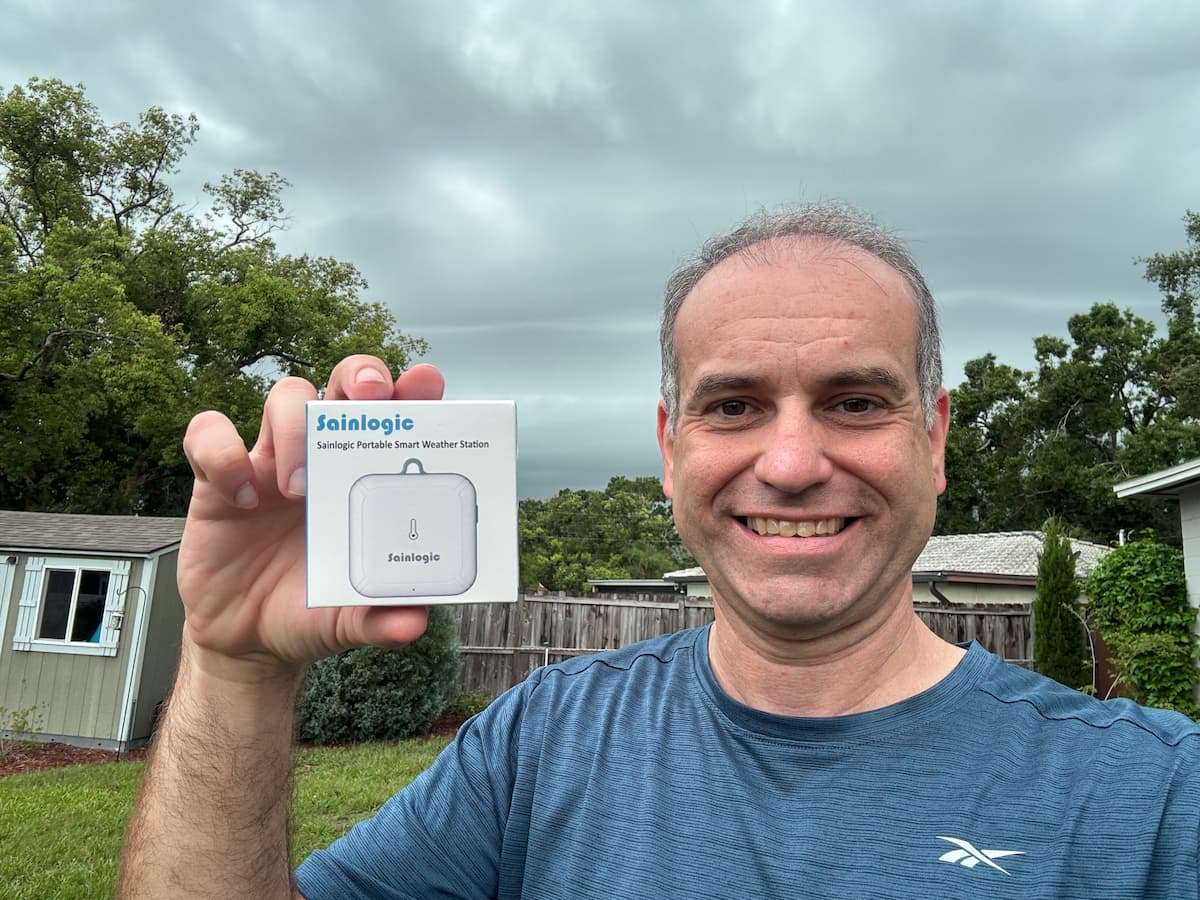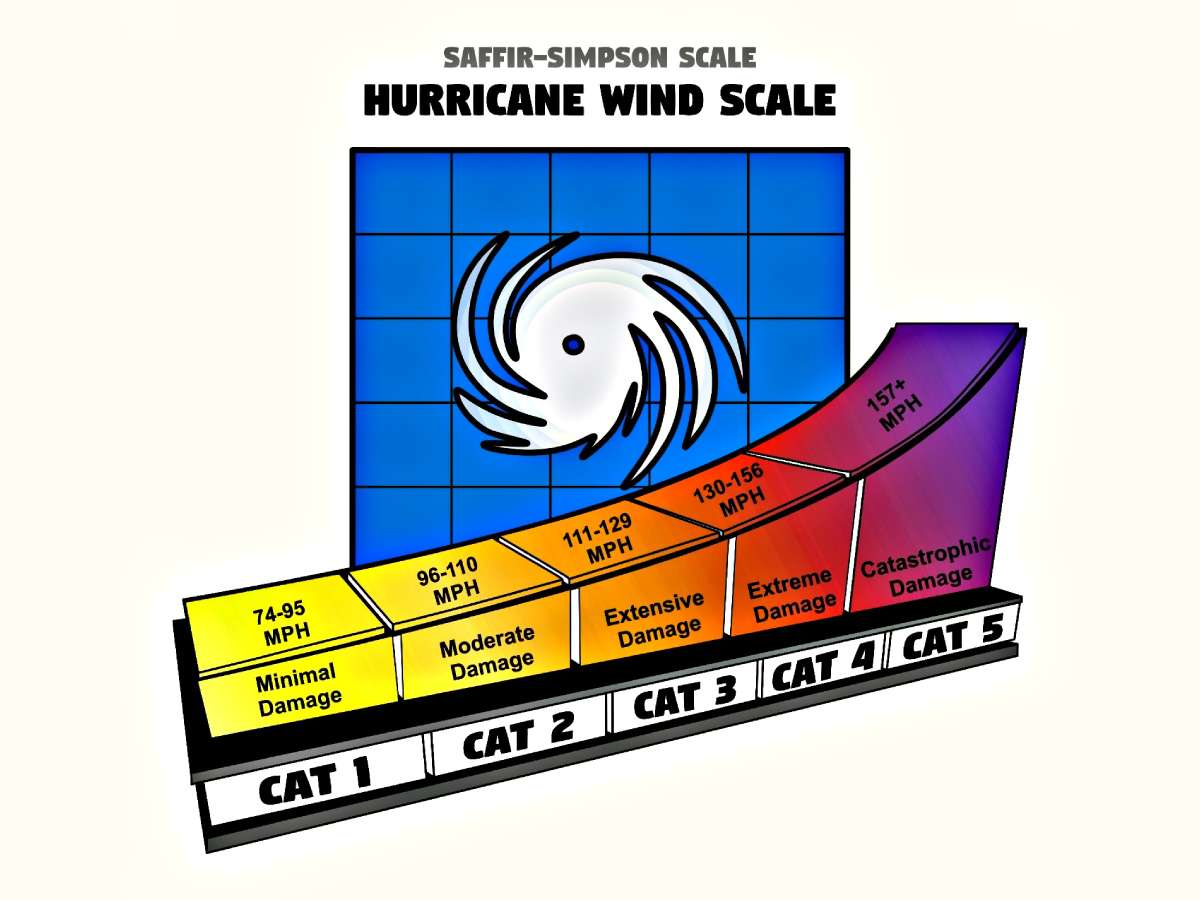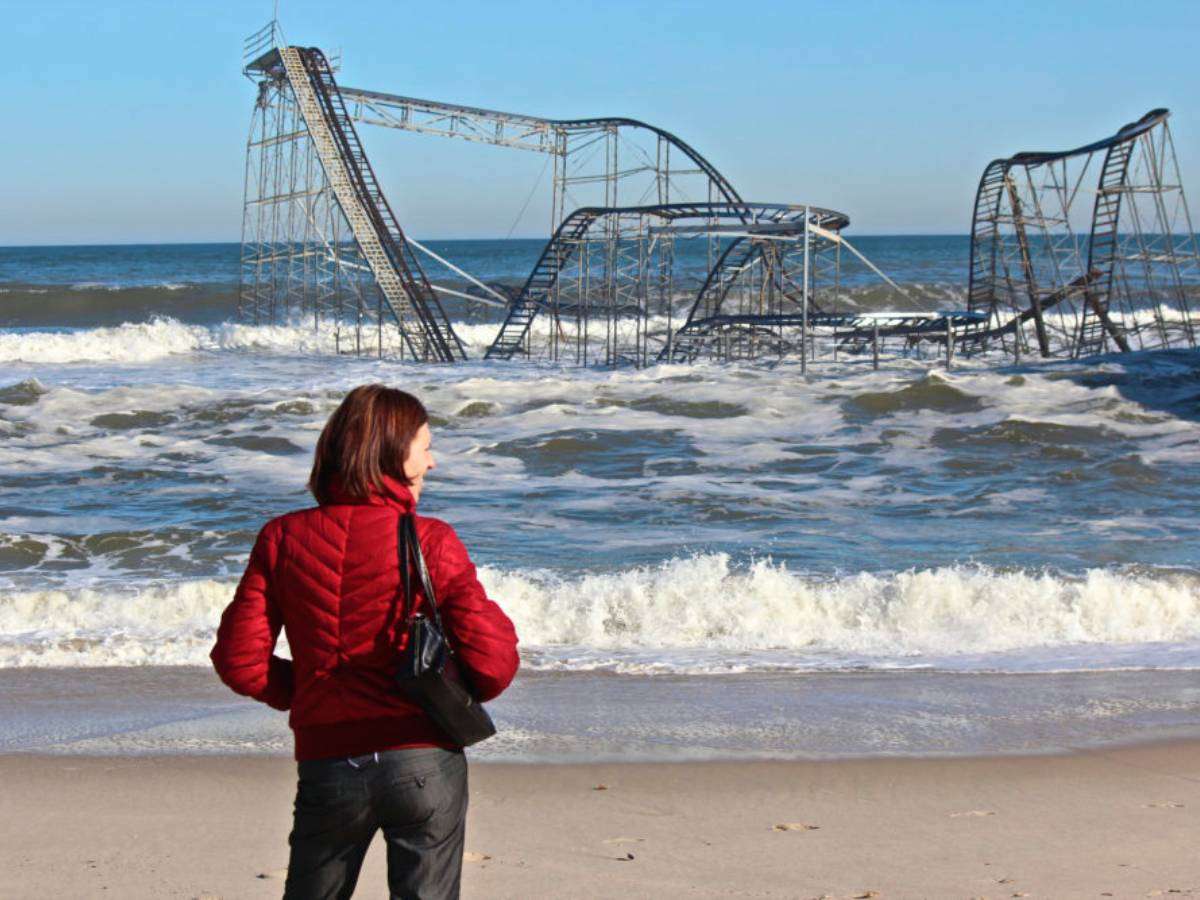 If you’re like many people seeking facts about winter storms, you may feel a little overwhelmed by the amount of information out there on blizzards, nor’easters, clippers, and the other types of winter storm phenomena that take place every winter.
If you’re like many people seeking facts about winter storms, you may feel a little overwhelmed by the amount of information out there on blizzards, nor’easters, clippers, and the other types of winter storm phenomena that take place every winter.
As a weather buff myself, studying winter storm patterns intrigues me. But it definitely requires having to sort through tons of facts and myths to better understand winter storms and the often blinding fury they can unleash.
My goal as a weather geek living in Florida was to find out some basic info and facts on winter storms — so that I could better understand what folks up North have to put up with for several months each year.
The Ups & Downs Of Winter Weather
The interesting thing about winter weather is that it can have its allure for some people.
After all, if not for cold temperatures:
- There would be much less purpose for cozying up by a crackling warm fire.
- You would never get to wake up on a winter morning and see a blanket of freshly fallen snow.
- Outdoor ice skating would be an impossibility.
So, yes, putting up with fierce winter storms can have its benefits!
However, when all is said and done, that wickedly cold weather can be a brutal event with:
- Ice that can weigh down trees
- Icicles hanging from your roof gutters
- Snowfall that may leave people locked inside their homes for days
- Bone-chilling temperatures that often prove lethal for the ill prepared
As a Floridian, I experience very little real winter weather. (The last time measurable snow fell in my part of the state, I wasn’t even born. And freezes occur only a few times a year here). Yet I still have a curiosity about winter phenomena.
Winter Storms Can Be Fierce, Ferocious & Frosty
Whether or not you live in a place where winter storms can wreak their havoc, it is true that watches and warnings issued by the National Weather Service can mean serious business.
After all, these same types of advisories are also announced for hurricanes, tornadoes, and thunderstorms.
In the case of winter storms, here’s what the watches and warnings mean:
- Winter storm watches – mean conditions are favorable for heavy snow, blizzard conditions, or accumulations of freezing rain or sleet within the next 12 to 36 hours.
- Winter storm warnings – foretell potentially life-threatening winter weather conditions are occurring or imminent. A winter storm warning means 2 or more of the following conditions may soon occur: heavy snow, freezing rain, sleet, and/or heavy winds.
- Winter weather advisories – indicate hazardous winter weather conditions are happening, about to happen, or are likely. If precautions aren’t taken, you may be either terribly inconvenienced or face the risk of damage to property or loss of life. Winter weather advisories bring at 2 or more of the following: snow, drizzle (or freezing rain), sleet, and/or blowing snow.
- Wind chill warnings – occur when extreme wind chills of -30 degrees Fahrenheit or colder are happening or are likely to occur.
- Wind chill advisories – are declared when wind chills of -20 degrees Fahrenheit or colder are occurring or may occur.
Winter Storm Records
Here are some of the more interesting winter storm records:
- The most snow to ever fall in the United States in just 1 day occurred on April 14th and 15th, 1921, in Silver Lake, Colorado. An astonishing 76 inches of snow fell during that time period.
- The fastest drop in temperature was a 49-degree Fahrenheit plummet in 15 minutes — in Rapid City, South Dakota on January 10, 1911.
- The largest snowflake ever recorded was 15 inches in diameter. This mammoth fell in Fort Keogh, Montana on January 28, 1887.
- The coldest temperature in the United States was -80 degrees Fahrenheit in Prospect Creek, Alaska on January 23, 1971.
- The furthest south snow has ever fallen in the United States was in Homestead, Florida (south of Miami) on January 19, 1977.
Even More About Winter Storms
For more weather records and facts about winter storms and other cold weather phenomena, check out these helpful resources:




